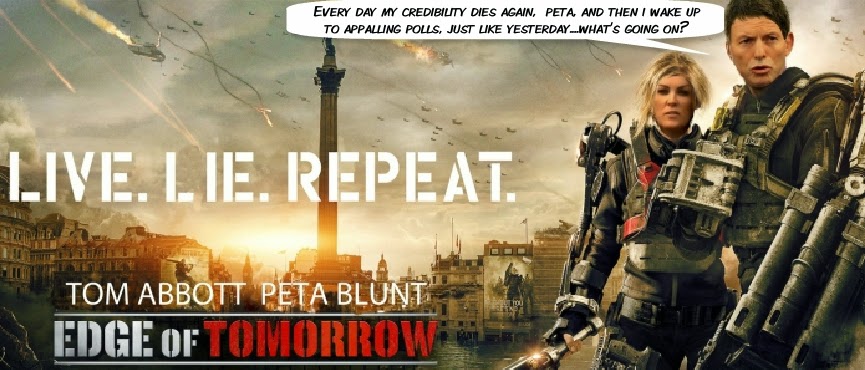He deploys all the tactics we've seen before - the straw man about how plain packaging should have had an immediate drop in smokers, and that it would result in smokers moving to cheaper brands so why do it? - both of which I showed had already been considered by the likes of strongly anti-smoking economists such as Harry Clarke.
Ergas notes the difficulty of working out the effects of different measures taken over a same period - typically increases in excise happening along with increasing restrictions on advertising. But then (of course) he's happy to cite tobacco industry econometrics study which "indicate" it's all in the excise, and attacks Labor for not doing "Regulation Impact Statement" before introducing the policy. He thinks this:
Roxon’s failure to undertake a RIS means the Abbott government must complete a post-implementation review of the plain packaging legislation by December. It should seize that opportunity to carry out an independent, rigorous review of policies towards the tobacco industry. The unfortunate reality is that this area has become a policy trapdoor: once a policy is implemented, there is no way out, no matter how costly and ineffective it may be.Yeah, well, we kind of like of that way, because tobacco has been losing big time, and who cares whether it's (say) 10% advertising restrictions and 90% excise, or vice versa, or any combination in between? The combination of policies has clearly been working. And doesn't common sense suggest you're never going to be able to completely be sure of the precise weighting of the different factors?
Sinclair Davidson has taken up a similar line - arguing that you must be able to a cost benefit analysis of tobacco policy. Of course, this fits hand in glove with the line he and fellow climate change "skeptics" have long taken - you can wait to decide on reducing CO2 until you know exactly what the climate sensitivity figure is. Both are disingenuous ways of arguing to do nothing (including, with climate change, up to the point where you can't do anything effective anyway), because your ideological starting point is that you don't want businesses interfered with.
Amusingly, Davidson has also been running the line that we are being just too mean to smokers and making them feel bad:
The anti-smoking lobby has done an magnificent job of stigmatising and denormalising smokers and smoking.Oh diddums.
Back to Ergas: what about this section (with my comments in brackets):
After all, that policy imposes significant costs. Consumers are harmed, as the quality of a product they value is forcibly degraded [only if you count an ugly packet as degrading what's inside it - a smoker can still buy a premium brand if they want to]; producers’ profits are reduced and their trademarks destroyed [oh boo hoo - the industry which sickens and kills a large proportion of its addicted customers is going to lose money - that's a feature, not a problem]; and if consumption rises as plain packaging causes prices to fall (relative to the levels they would otherwise have achieved), the community’s health suffers [we already thought about that - so we brought in excise increase too].What's the bet that Ergas used to be a smoker, by the way?
Update: incidentally, this "we are too mean to smokers now" palaver - the fact is that something 3/4 of smokers want to quit anyway. Encouraging youth never to start is a good way to ensure they're not going to regret their addiction in the future - and we can promise with pretty high certainty they will.
Factor that into your cost benefit analysis, can you?








